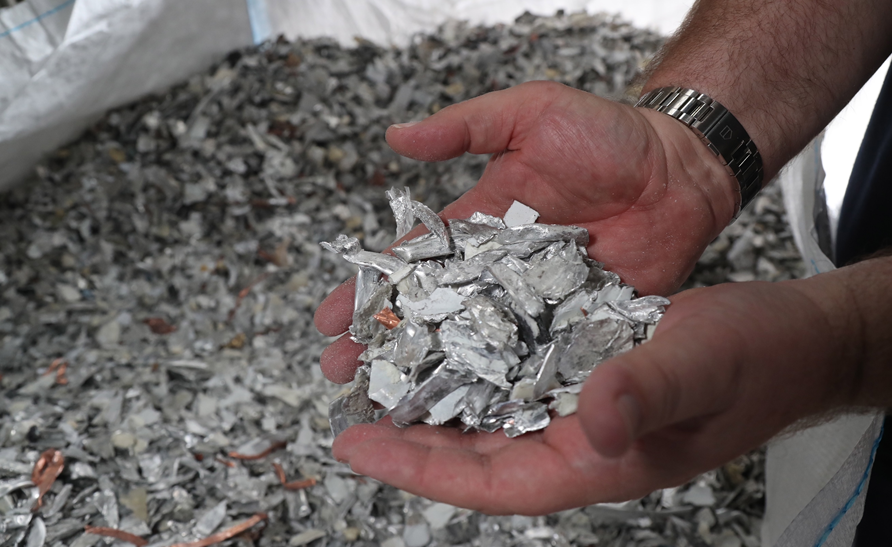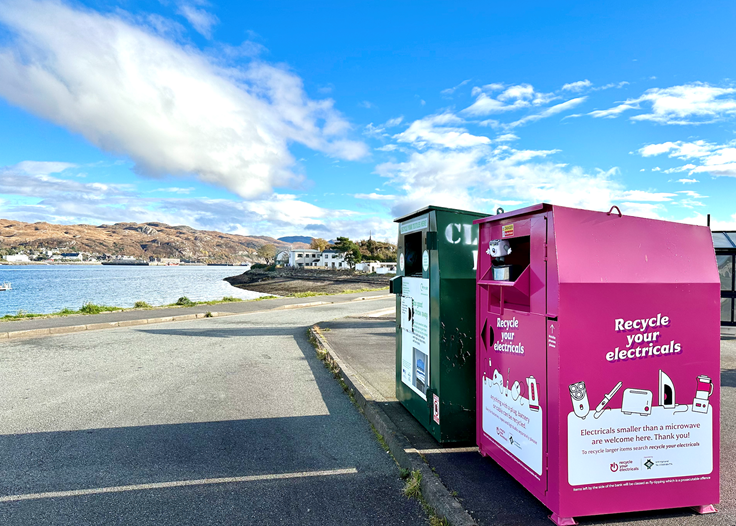Jeff Cooper, president of the International Solid Waste Association, attended the Pan-African Forum on E-waste and reports that the normal WEEE collection method in West Africa was described as being house-to-house and carried out by the informal sector, which normally entails a financial transaction.
Writing about the conference, Mr Cooper said: Typically in Nigeria, for example, collectors will pay Naira 50 for a CRT (0.20) and Naira 100 (0.40) for both fridges and PCs. The great advantage of this system is that it provides a 95% collection rate for household WEEE.
However, the processing that then takes place is very crude and anything that demands further treatment is not undertaken but dumped. Therefore there is not a level playing field, because were full treatment to be undertaken through an environmentally sound treatment plant it could not make sufficient return to justify the proper treatment of the hazardous components.
However, while there is a need to avoid the export of WEEE and near end of life equipment from Europe we also need to recognise the value of used electrical and electronic equipment (UEEE) especially in the ICT sector. There is also a need to ensure that WEEE, whether from new products or UEEE, is properly managed. One of the other problems faced by African countries is the import of low quality new EEE, especially from the new industrialised Asian economies. This also provides a further incentive for African consumers to purchase branded second-hand items.
Health & Safety
Mr Cooper also said there was need to introduce health and safety measures in order to improve conditions, especially for the informal sector, through, for example, stopping the burning of cables.
He said: Most countries recognise that initially for proper treatment a regional approach will be required. Unfortunately often there is domestic legislation prohibiting the import of hazardous waste. Even if that barrier can be overcome the export of WEEE import licences will need to be cheap and well organised and administratively simple.
Most commentators recognise that for incentivising the collectors to bring their collected WEEE, either directly or through intermediaries, to a final treatment facility operating to international standards EPR (extended producer responsibility) will be required so that the extra money for treating the hazardous components would be available.
To see a full version of Jeff Coopers conference report on WEEE in Africa, please click here (opens as a PDF).











Subscribe for free